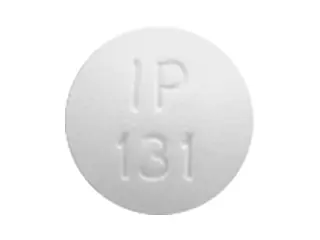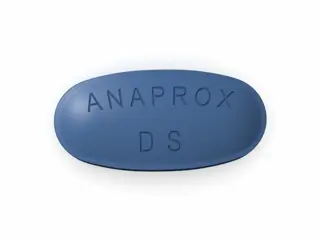Arthritis


Find effective arthritis relief with our range of trusted medications and supplements designed to reduce pain, improve joint function, and enhance mobility. Shop now for fast-acting and long-lasting arthritis treatments.
Arthritis is a common condition that causes inflammation and pain in the joints. Many people rely on medications to manage their symptoms and improve their quality of life. The market offers a range of drugs, including pain relievers, anti-inflammatory drugs, and disease-modifying agents. Here, we review some of the popular medications used to treat arthritis.
Allopurinol is primarily used to treat gout, a type of arthritis caused by excess uric acid. It works by reducing uric acid production in the body. Patients usually take allopurinol daily to prevent gout attacks rather than to relieve pain after it begins. It is generally well-tolerated, but some can experience rash or upset stomach. Regular blood tests are recommended to monitor kidney and liver function during treatment.
Anaprox, also known as naproxen, belongs to the class of nonsteroidal anti-inflammatory drugs (NSAIDs). It is effective for reducing pain, swelling, and stiffness associated with arthritis. Anaprox offers relief from osteoarthritis, rheumatoid arthritis, and gout. Its effects can last up to 12 hours, making it suitable for twice-daily dosing. Common side effects include stomach upset and heartburn. Patients with heart or kidney issues should use it carefully under medical advice.
Arcoxia contains etoricoxib, a selective COX-2 inhibitor. It provides anti-inflammatory and pain-relief effects with a lower risk of stomach irritation compared to traditional NSAIDs. Arcoxia is often prescribed for rheumatoid arthritis, osteoarthritis, and ankylosing spondylitis. It works quickly, often within hours. However, cardiovascular risks remain, so it is important to follow prescribed doses and have regular check-ups.
Colchicine is another gout treatment that reduces inflammation. It is particularly useful during acute gout attacks. Colchicine works by inhibiting certain cells that cause joint swelling and pain. It is usually taken in short courses. Side effects may include diarrhea, nausea, and vomiting. Patients must follow dosing instructions carefully to avoid toxicity.
Feldene or piroxicam is an NSAID used for arthritis pain and inflammation. It has a long half-life, meaning one dose can work for a whole day. Feldene helps reduce joint swelling, tenderness, and stiffness. As with other NSAIDs, gastrointestinal discomfort and bleeding risks exist. It is often prescribed for chronic conditions due to its once-daily dosing convenience.
Indocin or indomethacin is a strong NSAID frequently used for arthritis. It is particularly effective in relieving pain and swelling in gout and other inflammatory types of arthritis. Indocin works by blocking enzymes that promote inflammation. However, it has a higher risk of stomach problems and should be used with care, especially in elderly patients or those with ulcers.
Mobic or meloxicam is a preferred NSAID for many arthritis patients. It is effective at reducing pain and inflammation with a relatively lower risk of stomach issues. Mobic is often used for osteoarthritis and rheumatoid arthritis. It is typically taken once daily, which improves compliance. Side effects can include dizziness, headache, and upset stomach.
Motrin or ibuprofen is an accessible and widely used NSAID. It reduces arthritis pain, swelling, and fever. Many patients start their arthritis treatment with Motrin due to its availability and effectiveness. Short-term use is generally safe, but long-term or high-dose use may cause stomach ulcers, kidney problems, or cardiovascular concerns.
Naprosyn is another form of naproxen that fights pain and inflammation well. It is used for osteoarthritis, rheumatoid arthritis, and ankylosing spondylitis. Naprosyn offers relief that can last up to 12 hours. It should be taken with food to minimize stomach discomfort. Regular monitoring is important for patients on long-term therapy.
Neoral contains cyclosporine, an immunosuppressant rather than an NSAID. It is occasionally used in severe rheumatoid arthritis cases where other treatments have failed. Neoral reduces immune system activity to decrease joint inflammation. This medication requires careful medical supervision due to risks of kidney damage, high blood pressure, and infections.
Zyloprim is another brand name for allopurinol. It shares the same benefits and risks. Zyloprim is prescribed to lower uric acid and prevent gout flares. It is not meant for immediate pain relief but is valuable for long-term management.
In summary, arthritis treatment involves a variety of medications targeting pain, inflammation, and joint damage prevention. NSAIDs like Anaprox, Mobic, Motrin, and Naprosyn are often first choices for symptom control. Drugs like allopurinol and colchicine specifically address gout-related arthritis. For severe or resistant cases, medications such as Neoral may be necessary. All medications carry potential side effects, so patients should strictly follow medical advice. Regular doctor visits and monitoring help optimize treatment effectiveness and safety.








